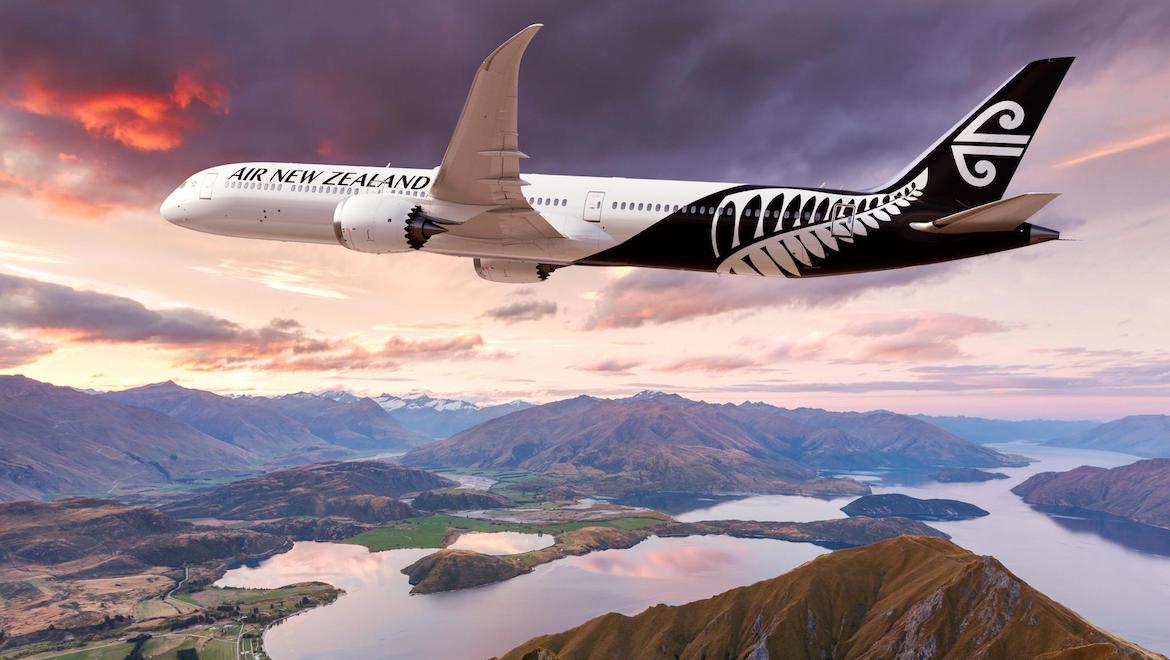
Based on the Air New Zealand annual shareholder meeting, it appears the travelling public’s confidence in aircraft and engine manufacturing has been somewhat shaken in light of recent events.
Outgoing chief executive Christopher Luxon and outgoing chairman Tony Carter fielded a number of questions and sometimes terse suggestions from shareholders about the decision to buy eight Boeing 787-10 aircraft to replace the carrier’s ageing 777-200ER fleet in light of Boeing’s failures around the 737 MAX.
Air New Zealand’s purchase of eight 787-10s aircraft, with the option to increase the number to 20 or substitute the smaller 787-9 variant was conditional on shareholders’ approval.
Before questions were taken from the floor – and from those following proceedings online – a graph flashed on the screen showing proxy numbers for and against the aircraft purchase. It revealed a sizeable 51 million votes against the deal.
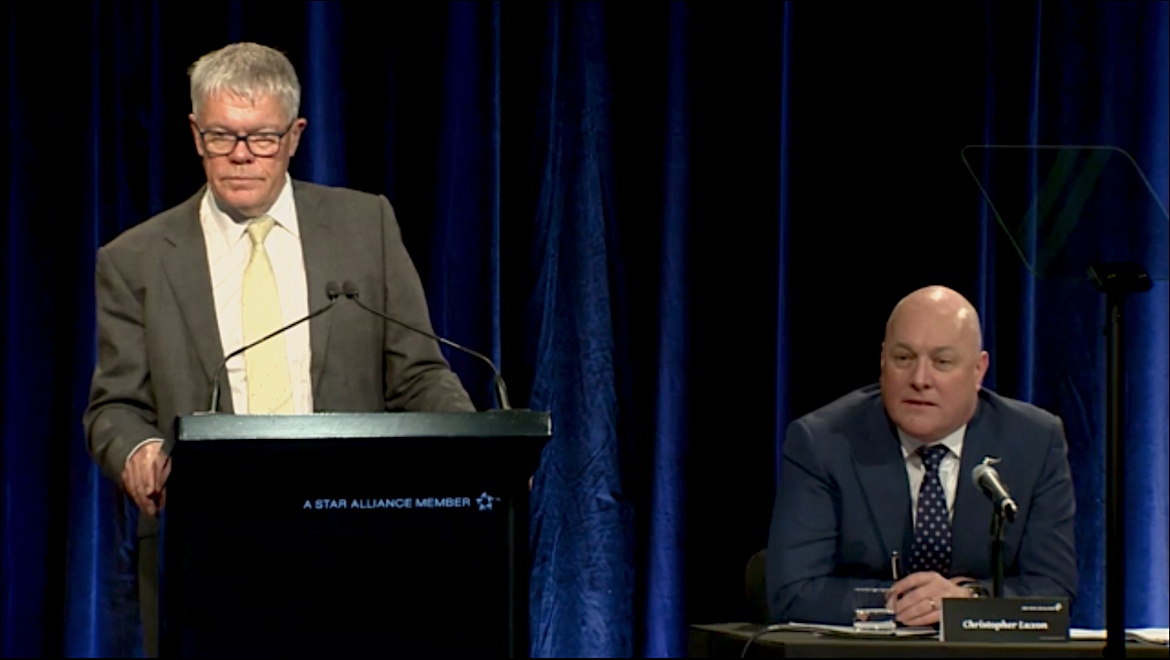
Carter said those shares represented about five per cent of issued capital, but the airline didn’t know who the particular shareholder with that parcel was because there was no engagement.
“It was obviously an institution with that number of shares,” Carter said, noting Air New Zealand was a bit puzzled because normally large shareholders would engage with the airline when voting such sizeable parcels.
Carter said Air New Zealand had discussed the purchase extensively with its major shareholder, the New Zealand government and it had agreed to the fleet purchase.
While the final vote count was an overwhelming 94.46 per cent in favour of the purchase and 5.54 per cent against with the rest abstaining, the sizeable no vote reflected the shareholder mood at the annual gathering.
Some shareholders wanted to know why Air New Zealand had opted for Boeing aircraft in light of the fatal crashes of two new 737 MAX aircraft flown Lion Air and Ethiopian Airlines.
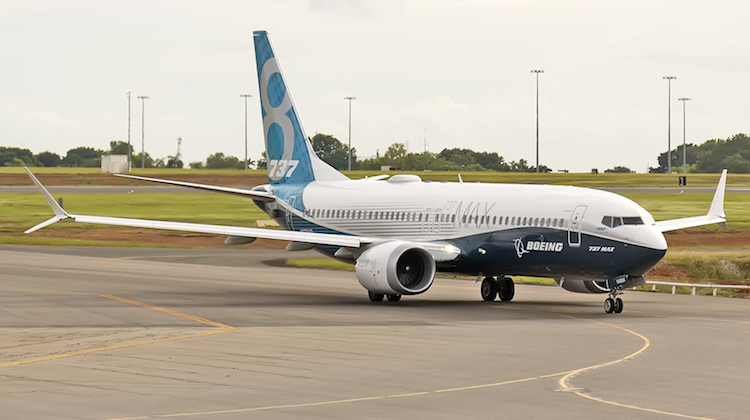
One shareholder, concerned that the board was not represented by anyone with aviation or aeronautical technical experience, said he was “appalled at the handling of the modified 737 in the Boeing organisation” telling Air New Zealand: “I would interpret that as something to be aware of – that Boeing, which has had a reputation for a long time, might not be fronting up as well in the future as it has in the past.”
“I would caution your technical experts to be a little bit wary of these evolving aircraft from the Boeing organisation . . . that can produce a dud product then you are left up the creek with no paddle,” the shareholder said.
When another shareholder suggested cancelling the contract and going to Airbus instead, Carter said: “Airbus has not had an unblemished record either.”
Another shareholder expressed concern about the assembling and the manufacture of the 787 at two plants in South Carolina and Washington State after reports that Qatar Airways stopped taking 787s manufactured at South Carolina.
Luxon said he was aware of the conversations and press coverage but went to great lengths to explain the 787 had a proven reputation.
Further, he reiterated the 787 was a completely different aircraft to the 737 MAX and he was aware there had been union issues at South Carolina.
“The 787 is an outstanding aircraft for global aviation so we are very comfortable,” Luxon said.
One shareholder asked for an update on where New Zealand was at over the grounding of five of its Boeing 787-9 aircraft because of faults in its Rolls-Royce Trent 1000 engines.
Luxon said the last of the grounded 787s was now flying again.
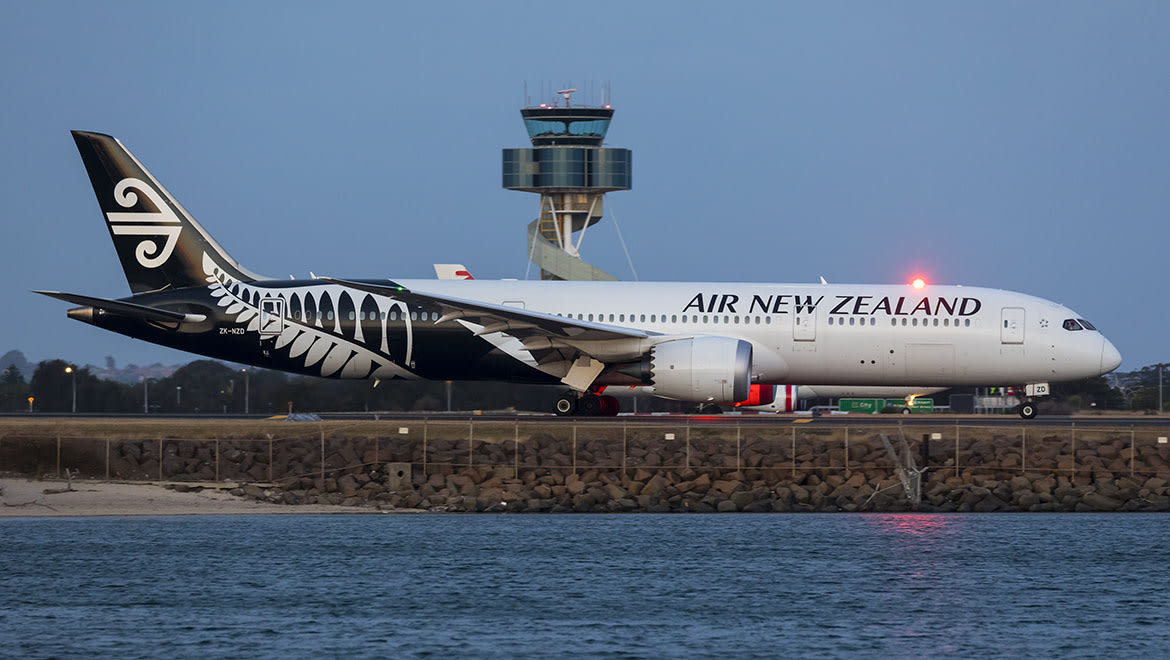
Carter said discussions with Rolls-Royce had to remain confidential because the engine manufacturer was dealing with lots of airline customers with similar issues to Air New Zealand.
But, he said Air New Zealand and Rolls-Royce had “conducted a very positive negotiation around those issues and we have received benefits that will be in excess of our contractual entitlement”.
The new 787-10 fleet will have GE Aviation GEnx-1B engines.
Director Dame Therese Walsh, who replaced Carter as chairman after being re-elected to the board, said a director would be appointed shortly to replace Carter and the search for a new chief executive was well advanced. She said there was a high calibre of candidates and was hopeful of Luxon’s replacement being made in the next month.
Luxon signed out without revealing his next career move – largely tipped to be in politics. He said the airline was 40 per cent bigger than five years ago and thanked his staff for this achievement and the global accolades the airline received, declaring his role as chief executive was the best job he had been in to date.
The forecast made at the the 2018/19 full year results in August for earnings before taxation in the range of $NZ350 million to $450 million dollars, based upon current market demand and assuming an average jet fuel price of US$75 per barrel, remained unchanged.
But Carter cautioned that jet fuel has recently been trading above the US$75 dollar level, and that Air New Zealand continued to closely monitor pricing along with its current fuel hedging profile.



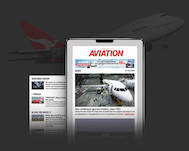













Rod Pickin
says:From a passenger’s viewpoint, give me a B777 anytime over a B787
Anthony Watts
says:Really?
I’d fly on just about anything except 777 given a choice. Noisy is my main complaint. Even across airlines, I have found the 777 the least passenger friendly of all (I’ll excluded 737max, for obvious reasons!)
Rod Pickin
says:Gee, sorry I spoke, cheers
Chris
says:Air NZ made the right choice to buy the B787-10 and the GEnx-1B engines to replace the B777-200ERs, as the airline has an existing B787 flight/cabin crew, engineering, spares, technology and logistics infrastructure and has fined tuned the B787 efficiency. With the regards to the GEnx-1B engines, the airlines has existing GE engine spares, engineering and respective logistics to maintain the new engines.
Stu Bee
says:It’s interesting that ‘shareholders’ raised an issue with the purchase of B787-10’s sighting the ongoing issues with the 737Max? Do they actually know anything about the aircraft involved?
Adrian
says:Nope, kind of like most voters.
kurt
says:I would imagine that they certainly do. I think it is prudent for any shareholder of any airline to pose such questions considering Boeing’s actions as a whole company as of late. The problems the 737 Max has isn’t merely a technical one for that air frame alone but also the business culture at “BOEING” that led the company the rush certification of an aircraft when it was clearly not ready. There is even an argument that the MAX should have been redesigned and made higher to take the LEAP engines properly, but that would have taken longer to certify, so, that’s Boring business culture at fault which I am certain is the premise to the concerns of some of Air New Zealand shareholders at its resent AGM.
Adrian
says:The 787-10 is a proven and fantastic aircraft. Boeing made some bad decisions around the Max, clearly. However, why should all their other products be tarred with the same brush? Boeing makes fantastic aircraft and have done so for many, many decades. They’re arguably the greatest commercial aircraft manufacturer in history, that’s the legacy they should be judged by and to date Air NZ has built their long-haul business on Boeing.
BANKS
says:Considering Air NZ made the decision to buy the B787-9 in 2004 and finally delivered in 2014, for the shareholders to have the expectation that they should have been able to see some 15 years into the future speaks more about the shareholders than Air NZ’s decision to buy the B787-10 to be honest…
In Boeing defence, the issues Air NZ and other B787-9 operators with T1000 engines have had is not Boeing’s fault or problem, it’s solely Rolls Royce’s.
Sounds like either a communication issue between the shareholders and Air NZ explaining the problems and decisions, or the shareholders that brought up those views are idiots…
Don’t know how they could have made those statements about Boeing when the A320NEO’s are having the EXACT same issue.